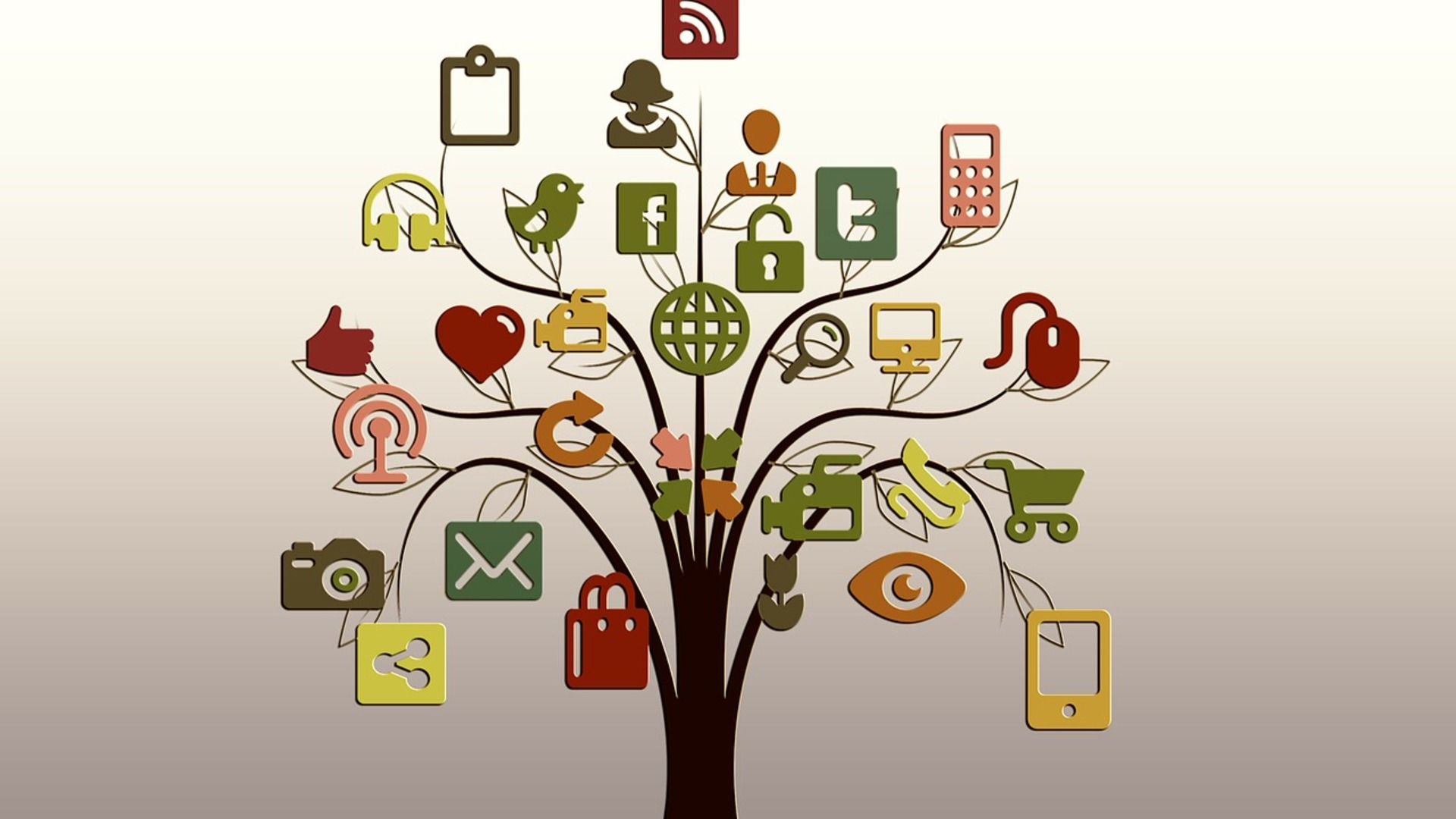Linux 3.0 Is A Big Deal (Kind Of)
The release of kernel 3.0 in the Linux world was effectively downplayed by a good portion of the Linux world as “just another update.” And they’re right- the version was going to be 2.6.40, until Linus Torvalds switched it to 3.0 to commemorate the 20th anniversary of Linux. In that sense, no, Linux 3.0 was not a big deal as far as the 44 million lines of code in the kernel were concerned. It only added the usual collection of drivers and bug fixes.
However, 3.0 is, from a publicity standpoint, a huge milestone for Linux in a lot of ways. It shows, among other things, that Linux is continuing to grow and evolve and is a viable piece of software. The fact that the version number was bumped to 3 could have made much more of an impact on the non-Linux world than it actually did- understandably, few people would care to hear that Linux hit version 2.6.40, but jumping a whole number is considered a big deal. Windows has moved to that scheme- Windows 7, Windows 8- as has ...




